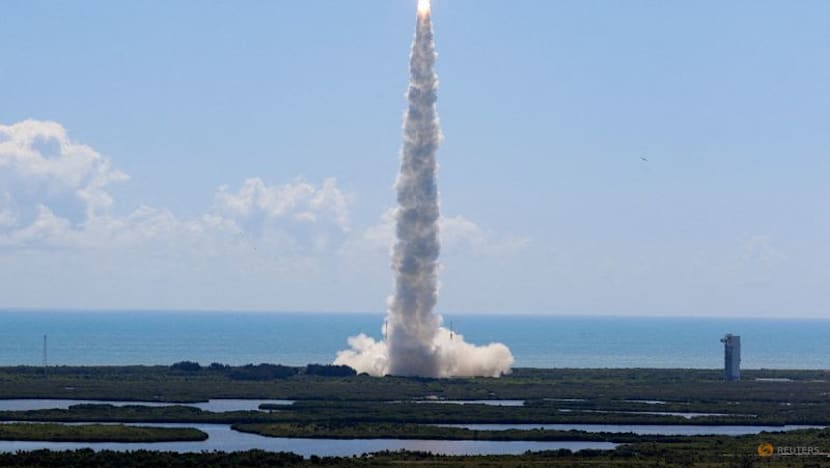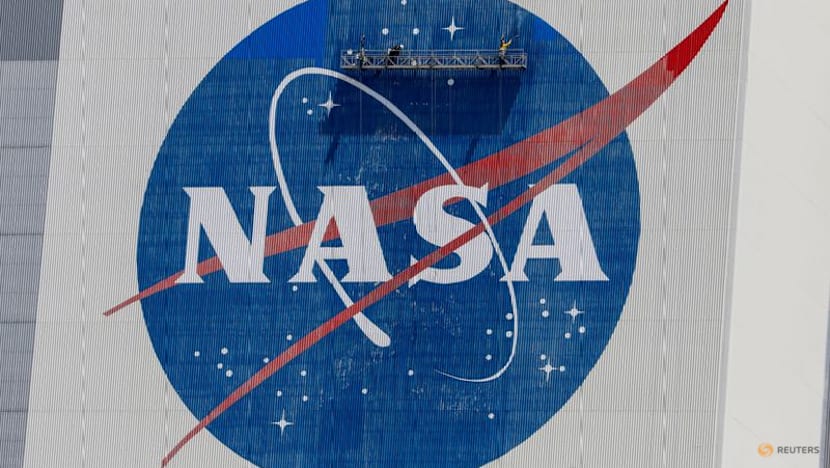NASA reduces flights on Boeing's Starliner after botched astronaut mission


NASA on Monday slashed the number of astronaut missions on Boeing's Starliner contract and said the spacecraft's next mission to the International Space Station will fly without a crew, reducing the scope of a program hobbled by engineering woes and outpaced by Elon Musk's SpaceX.
The most recent mishap occurred during Starliner's first crewed test flight in 2024, carrying NASA astronauts Butch Wilmore and Suni Williams. Several thrusters on Starliner's propulsion system shut down during its approach to the ISS.
The U.S. space agency and Boeing had been discussing the future of the Starliner program for months following the blunder that left the crew on the ISS for nine months.
A Boeing spokeswoman said the company remains committed to the program.
Boeing's contract under NASA's Commercial Crew Program, previously worth $4.5 billion, envisioned six post-certification operational flights carrying astronauts to and from the ISS.
CONTRACT VALUE DROPS
The latest modification reduces the number of Starliner flights to four, including up to three astronaut flights and an uncrewed flight in April next year, NASA said in a statement. Two additional flights are optional, the agency said.
Those modifications reduced the value of Boeing's contract by $768 million, to $3.732 billion, a NASA spokesperson said. NASA has already paid $2.2 billion of the contract, according to Reuters' review of contract data.
NASA picked Boeing and SpaceX in 2014 to each build and fly spacecraft that can carry U.S. astronauts to and from the ISS, seeding development of two capsules that can serve as backups to one another.
While SpaceX's Dragon capsule has become NASA's primary astronaut ride since its first crewed mission in 2020, Boeing's Starliner has been dogged for years by delays, technical faults and cost overruns.
"Safety remains our highest priority as we focus on the Starliner-1 mission, which incorporates our findings and learnings from previous flight tests and testing this fall," the Boeing spokeswoman said.
"RIGOROUSLY" TESTING
"NASA and Boeing are continuing to rigorously test the Starliner propulsion system in preparation for two potential flights next year," Steve Stich, manager of NASA’s Commercial Crew Program, said in a statement.
"This modification allows NASA and Boeing to focus on safely certifying the system in 2026, execute Starliner’s first crew rotation when ready, and align our ongoing flight planning for future Starliner missions based on station’s operational needs through 2030."
Amid Starliner delays, NASA in recent years has awarded SpaceX additional ISS flights with Dragon, booking those missions up to the station's planned retirement in 2030 - raising questions about Starliner's ability to compete with SpaceX.
Boeing has spent more than $2 billion since 2016 on the fixed-price program.
NASA has maintained it needs two U.S. rides to the ISS so it will not need to rely solely on Russian capsules, should SpaceX's Dragon become grounded. Boeing envisions Starliner as a commercial craft for future space stations that could replace the ISS, though those arrangements are far off.
The next mission targeted for April 2026, known as Starliner-1, will deliver cargo to the ISS instead of astronauts, NASA said.













